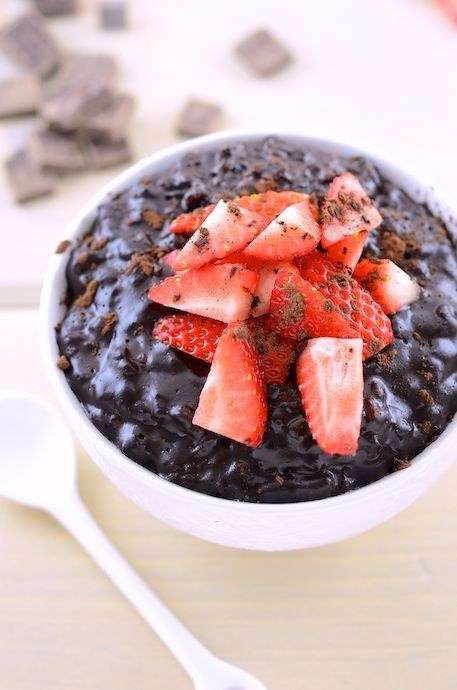17 Heart-Healthy Recipes That Actually Taste Great
Keeping your heart healthy and eating delicious things should not be mutually exclusive.
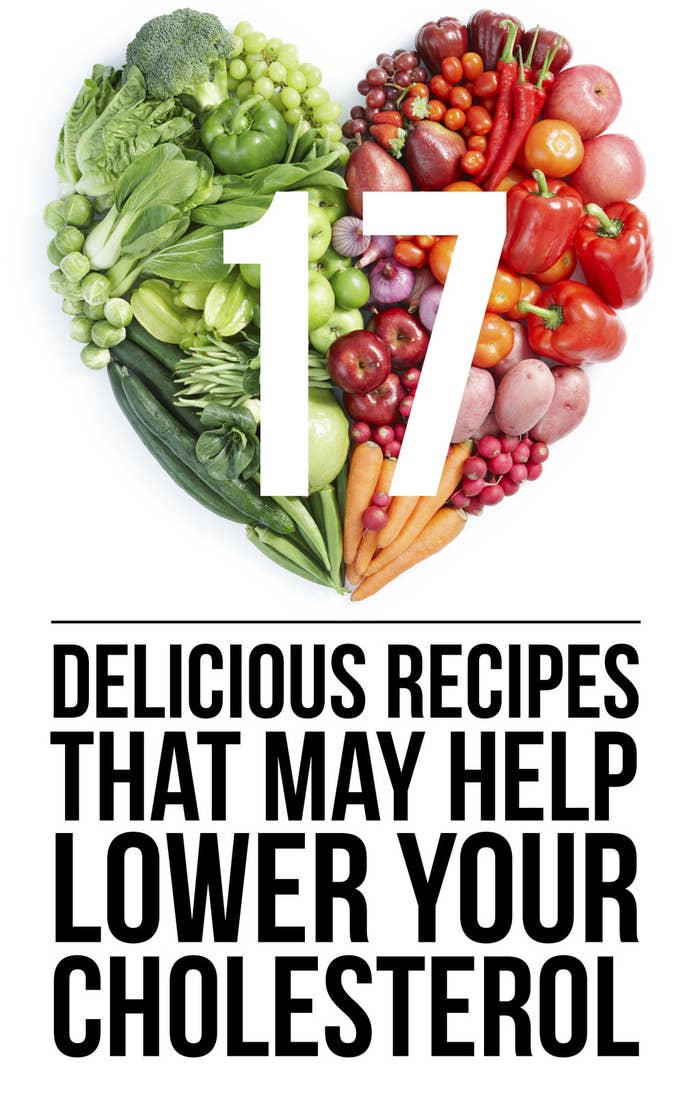
Approximately 71 million Americans (more than 20%) have high cholesterol. Your diet is very important if you're trying to lower yours. Follow these heart-healthy guidelines:
• Eat whole grains and beans. They're high in soluble fiber, which basically binds to the cholesterol you eat so that it passes out of your body instead of sticking around to clog up your arteries.
• Eat a variety of fruits and vegetables. Some fruits and veggies contain lots of soluble fiber, while others contain more insoluble fiber (which is also good for you but doesn't affect cholesterol). Eat a variety of fruits and veggies so you get plenty of both kinds of fiber.
• Eat vegetable oils, nuts, and seeds. The monounsaturated fats in these foods can lower your LDL cholesterol, aka bad cholesterol. Walnuts, almonds, macadamia nuts, pecans, pumpkin seeds, chia seeds, and flax seeds are all good choices.
• Eat fatty fish, nuts, and avocado. "Omega-3 fatty acids may help raise HDL cholesterol, which is your good cholesterol," says Keri Gans, a New York-based registered dietitian and the author of The Small Change Diet. Salmon is great for Omega-3s, but so are lots of other fish like trout, mackerel, and sardines.
• Limit fatty animal products, such as whole milk, processed meats, and high-fat cuts of red meat. Saturated fat, present in all those foods, has long been considered a major threat to heart health because it can raise the amount of cholesterol in your blood. Recent research questions that wisdom, but Gans says she still follows American Heart Association guidelines. "I still advise my patients to limit saturated fats," she told BuzzFeed. Play it safe by keeping plenty of variety in your diet and not relying solely on animal-based foods for your protein.
1. Apple Pie Oatmeal
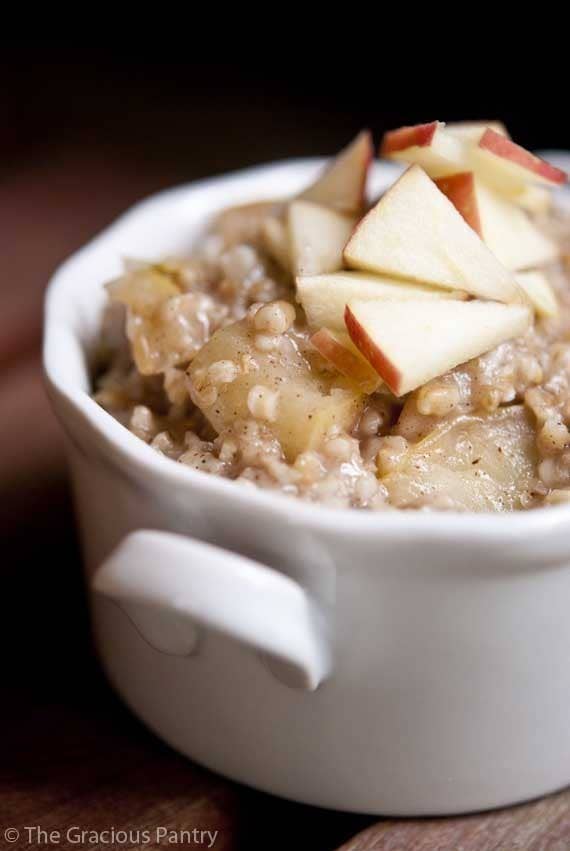
2. Apple and Chicken Egg White Omelet
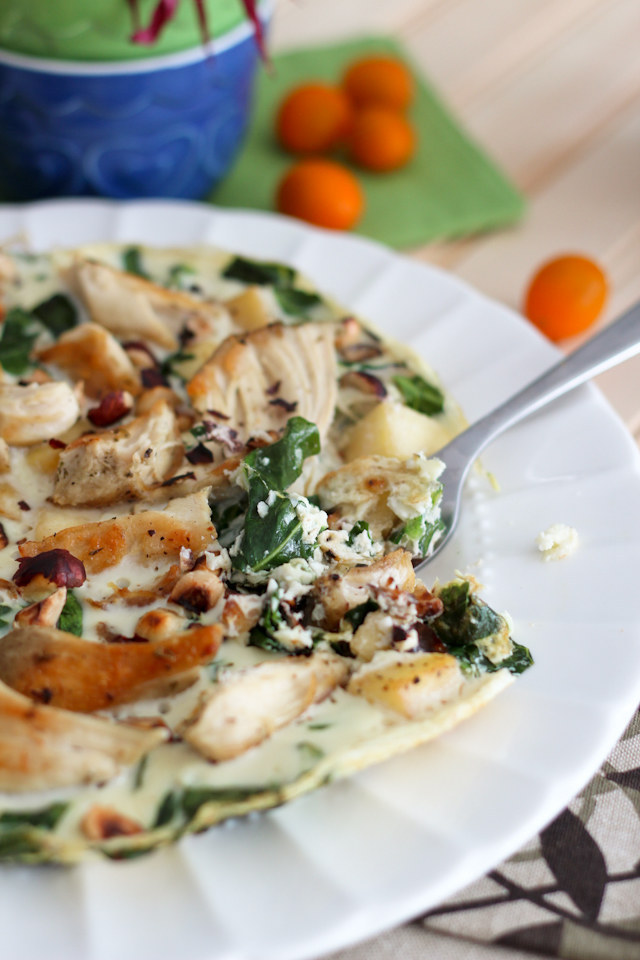
3. Curry Roasted Vegetable and Avocado Naan-Wich
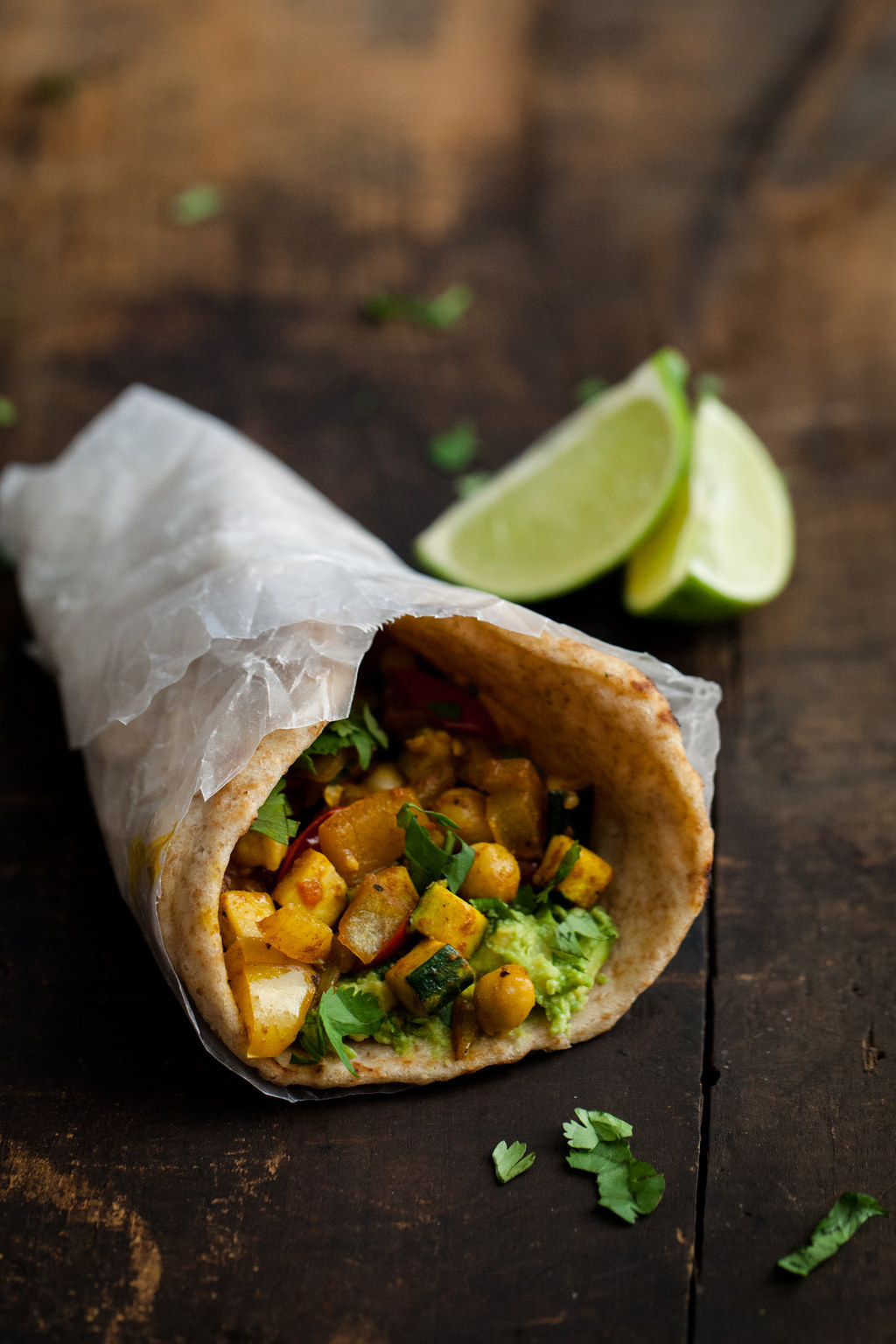
4. Black Bean and Corn Burger
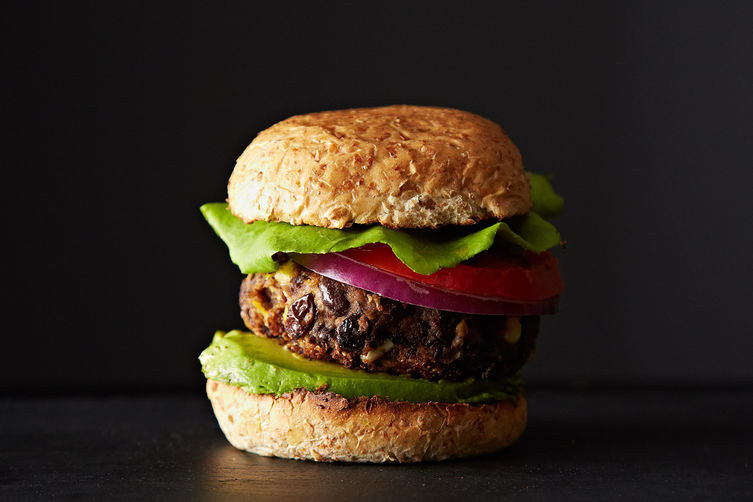
5. Edamame Power Salad
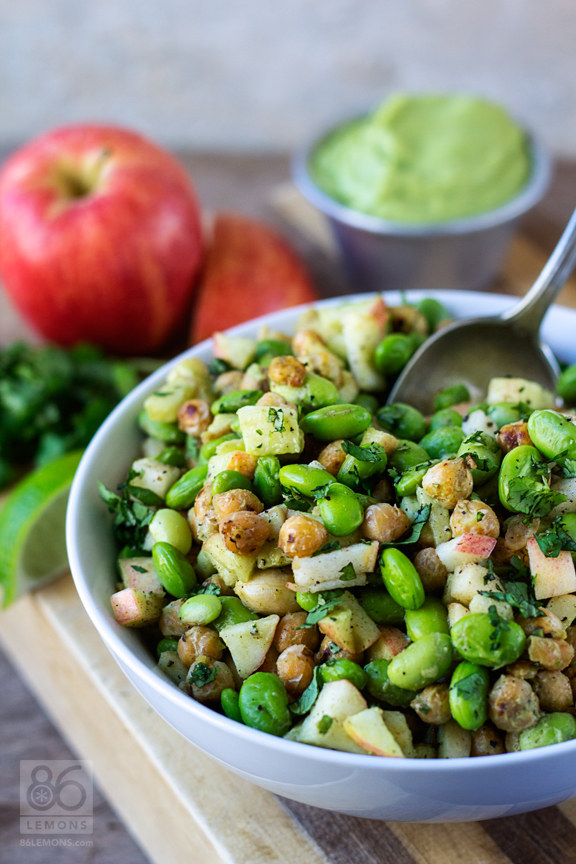
6. Thai Chicken Crunch Wraps
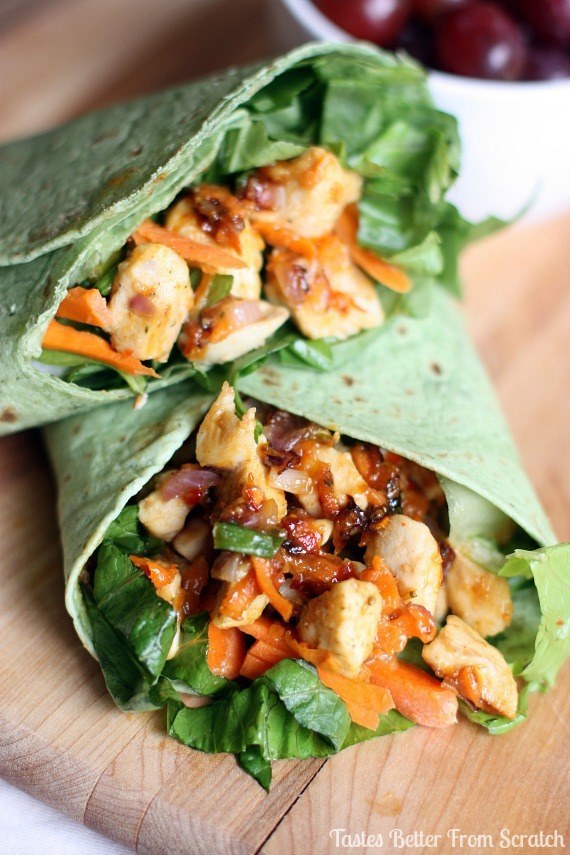
7. Farro Salad with Oven-Roasted Grapes and Autumn Greens
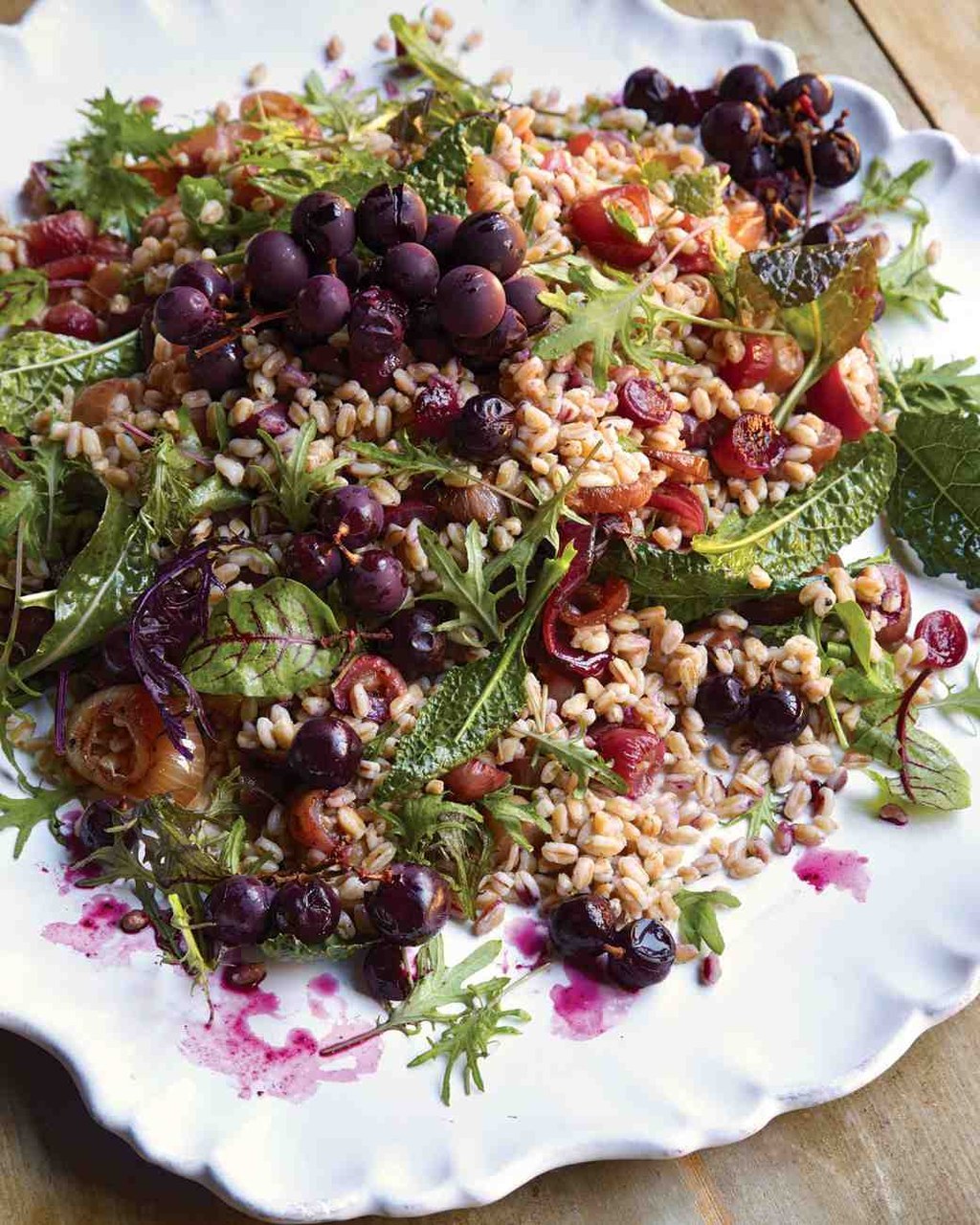
8. Honey Mustard Salmon with Shaved Brussels Sprout Salad
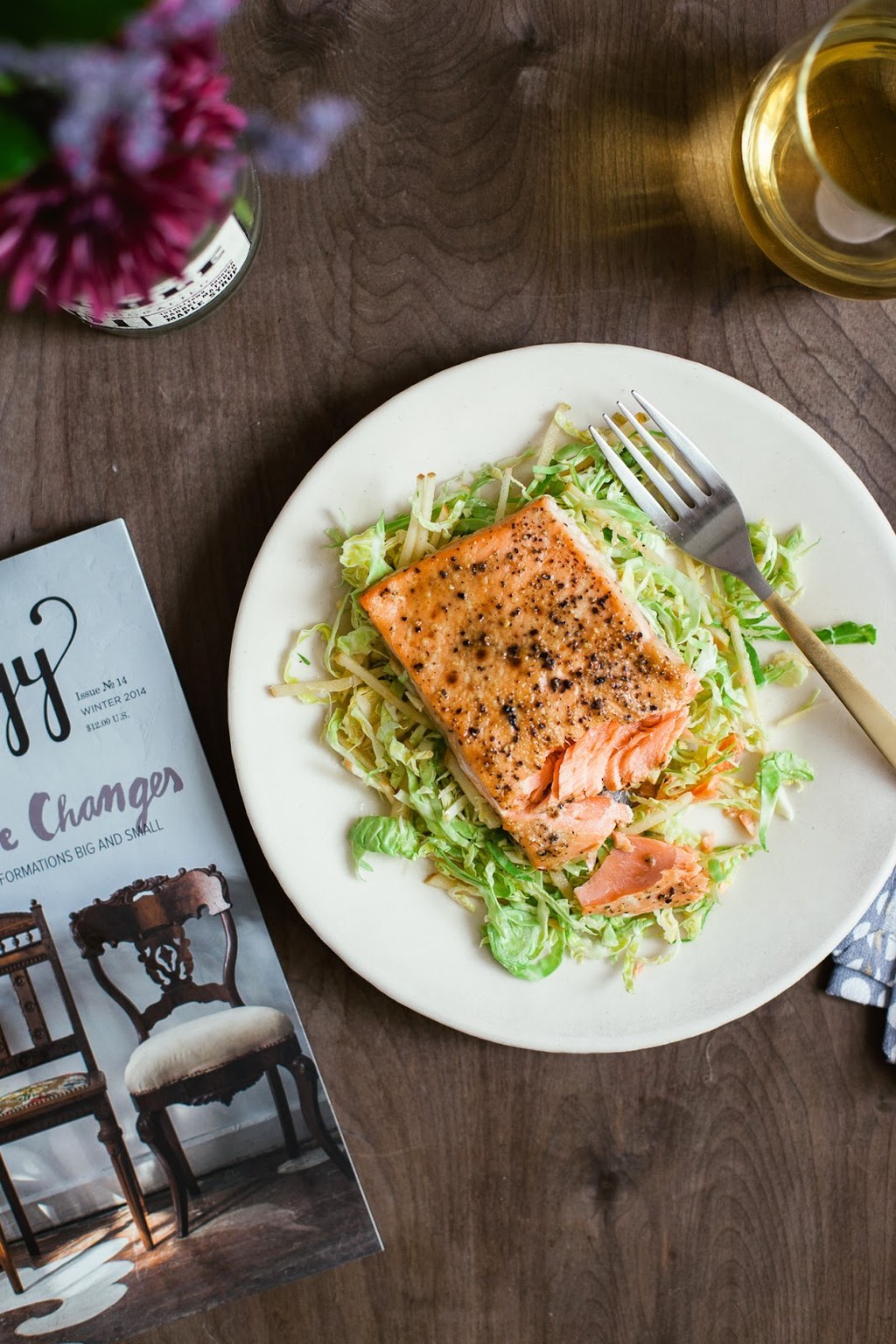
9. Trout Salad with Citrus and Radishes
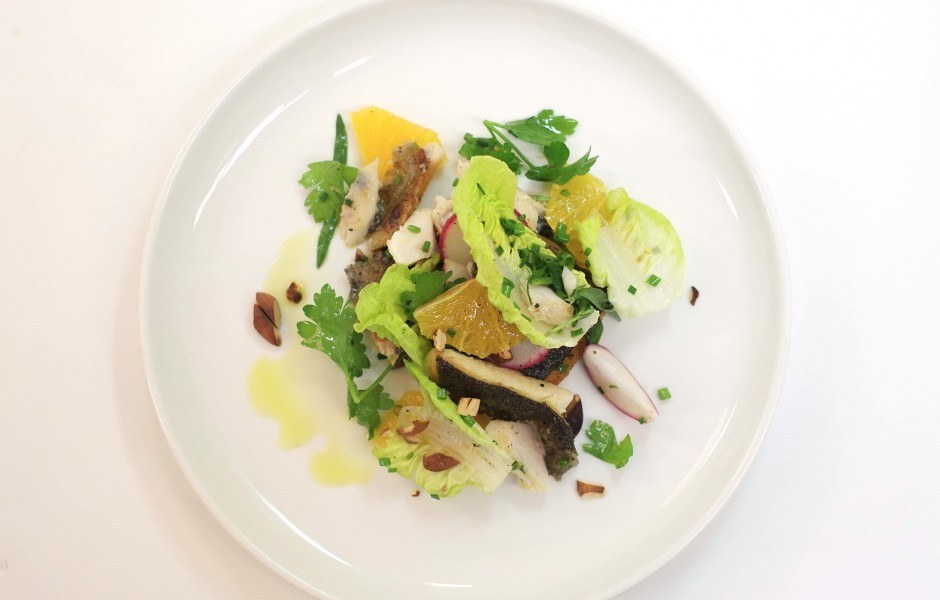
10. Lentil and Bulgur Soup
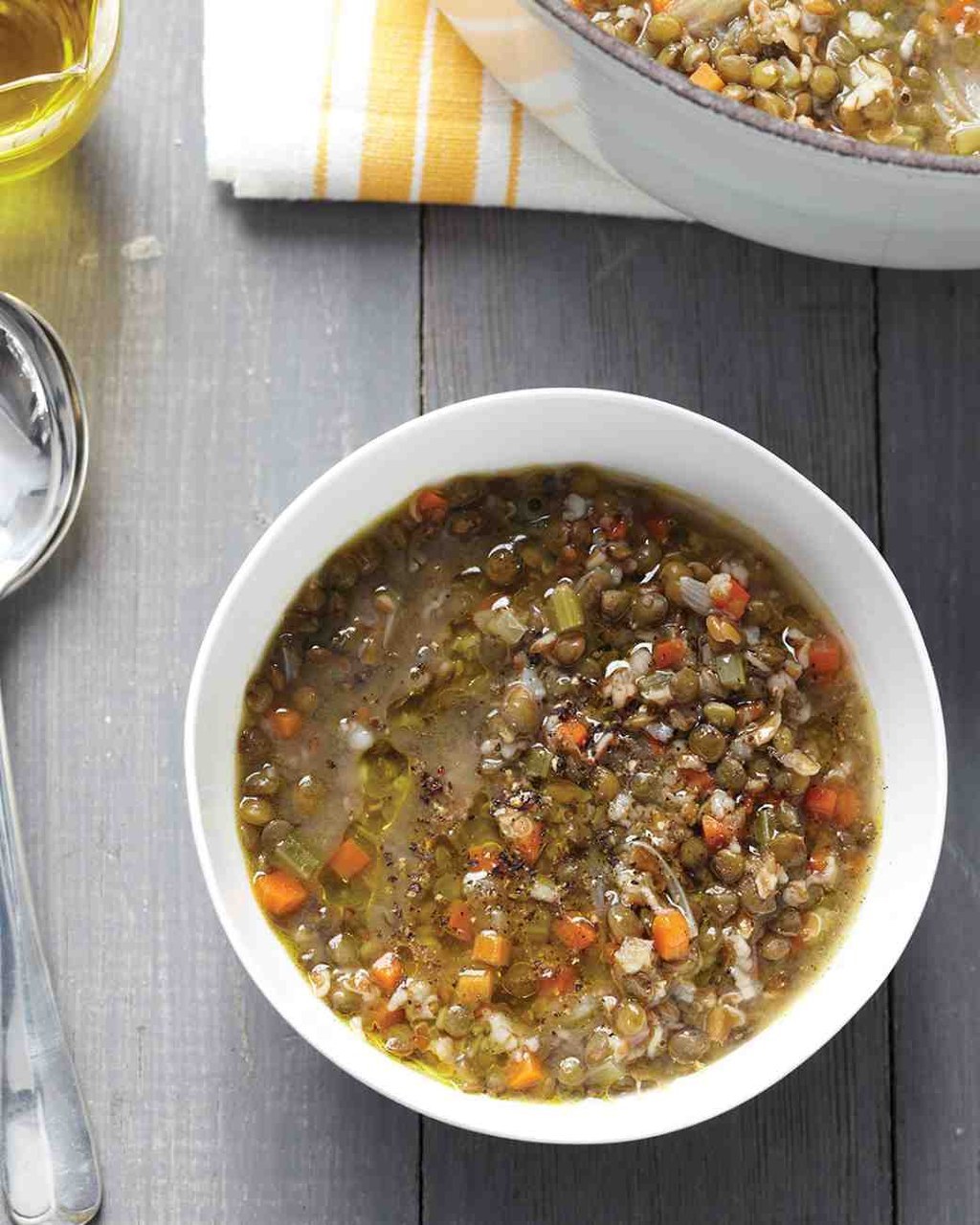
11. Almond-Crusted Chicken Strips
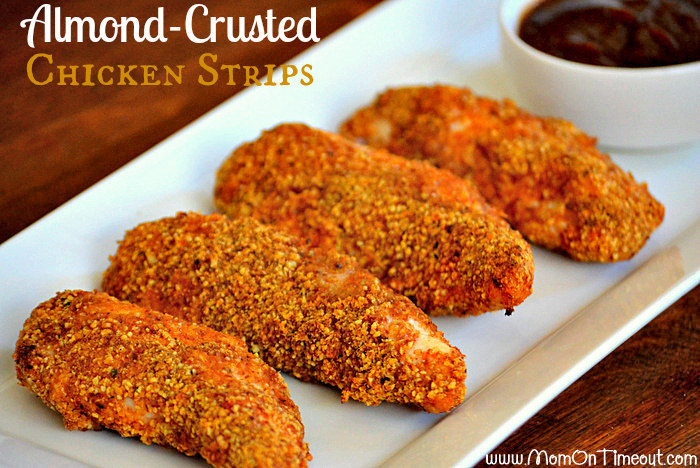
12. Roasted Vegetable Salad with Garlic Dressing + Toasted Pepitas
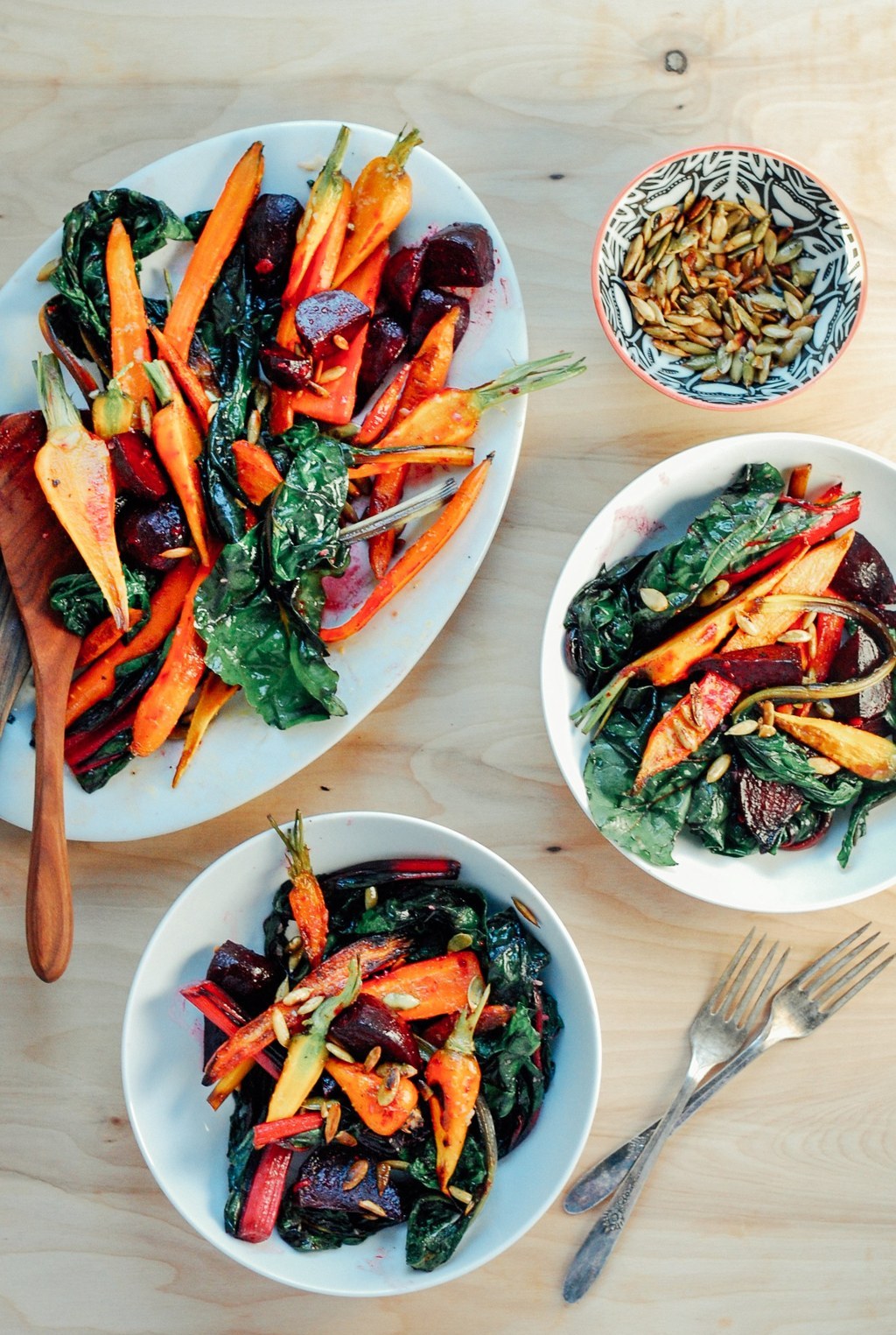
13. Curry Tofu Tacos with Pintos & Kale Slaw
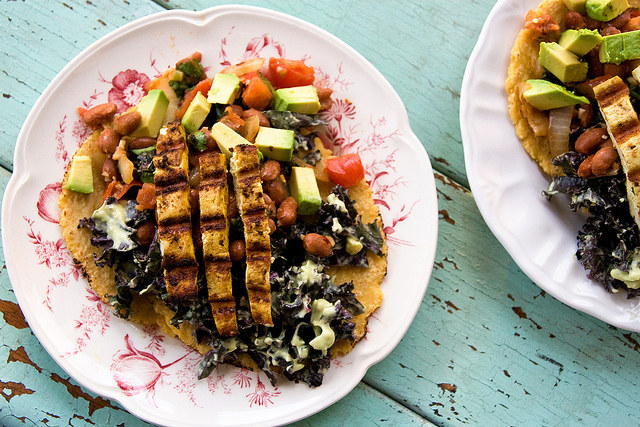
14. Curried Quinoa with Spinach and Almonds
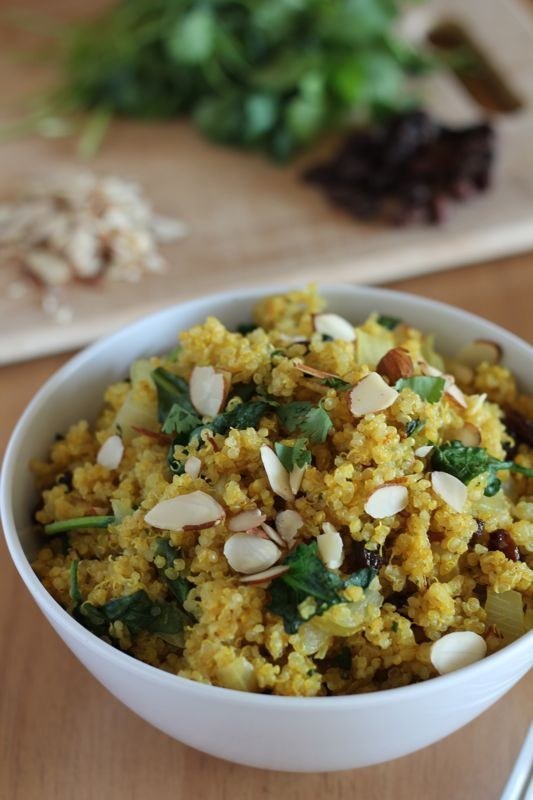
15. Thai Basil Eggplant
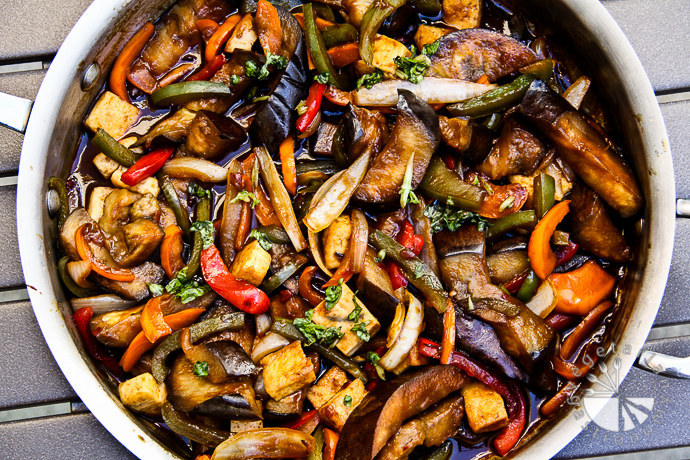
16. Italian Orzo Spinach Soup
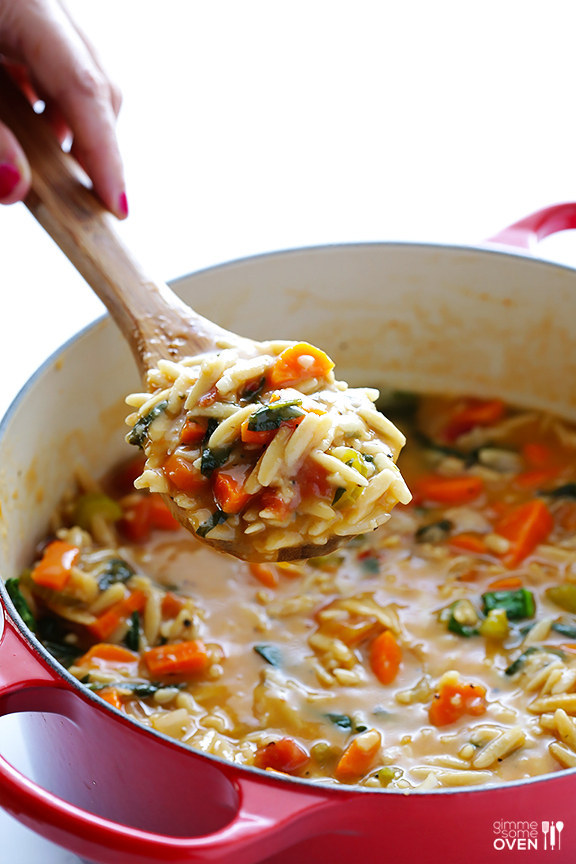
17. Dark Chocolate Brown Rice Pudding
